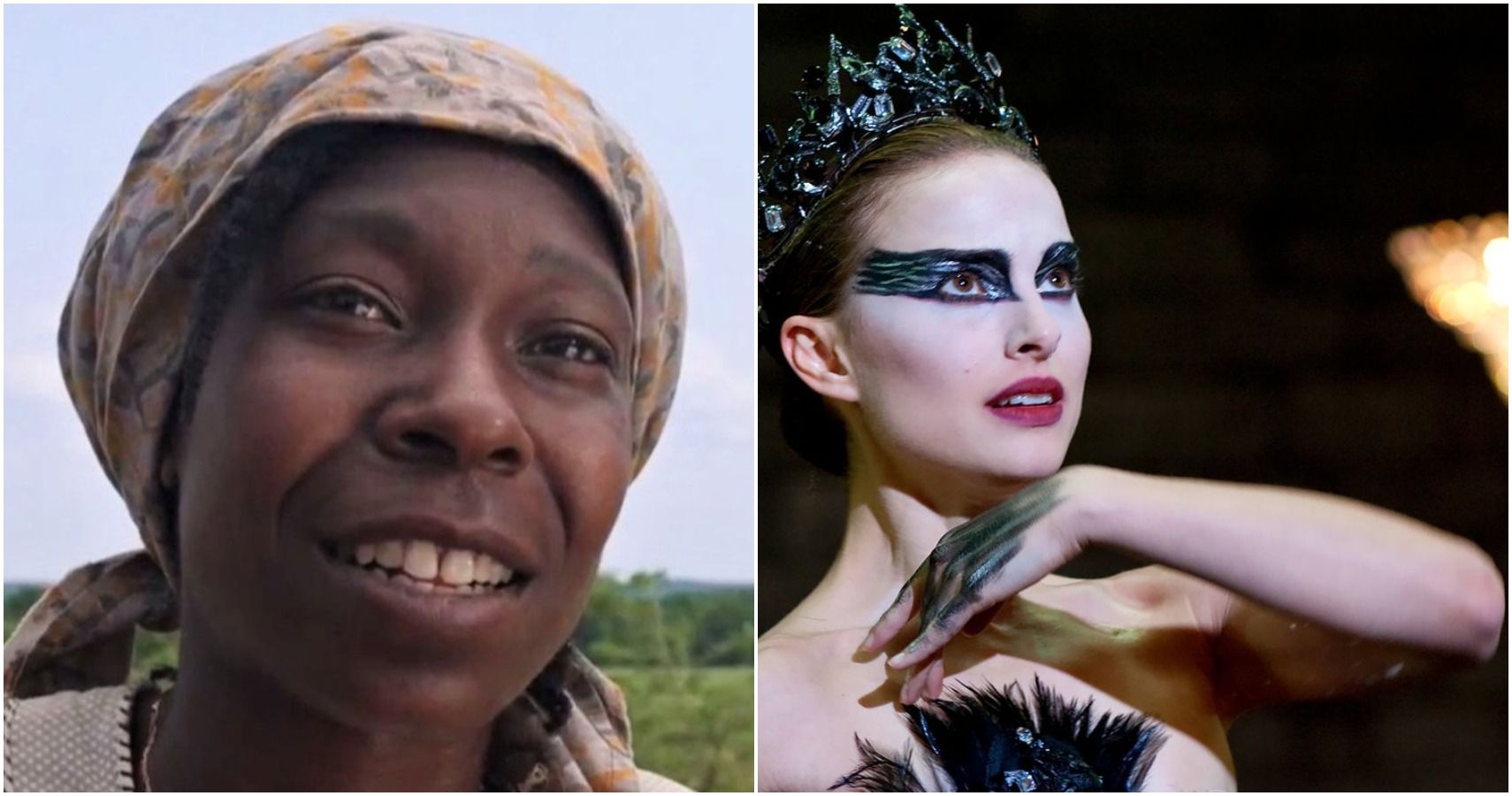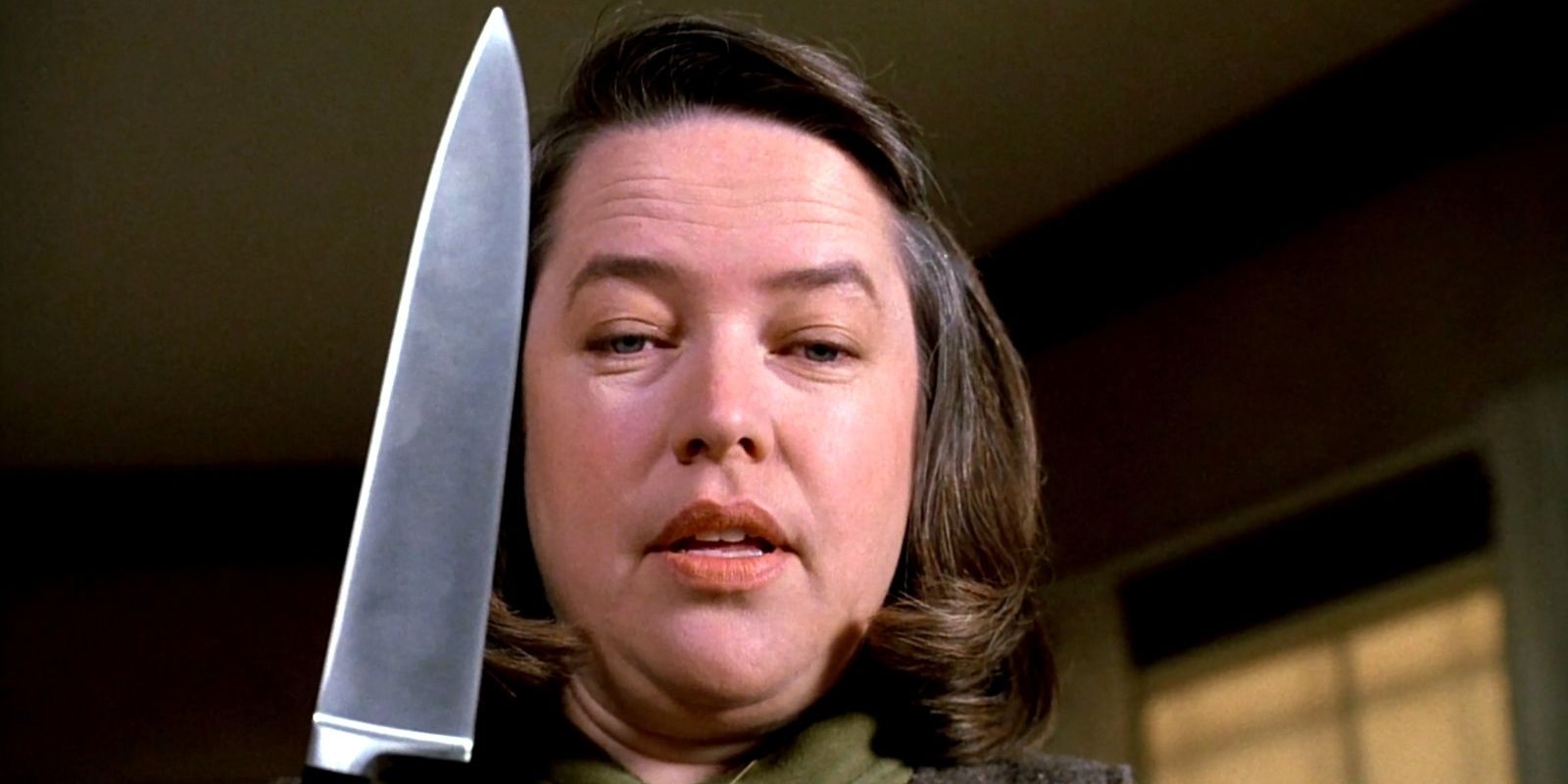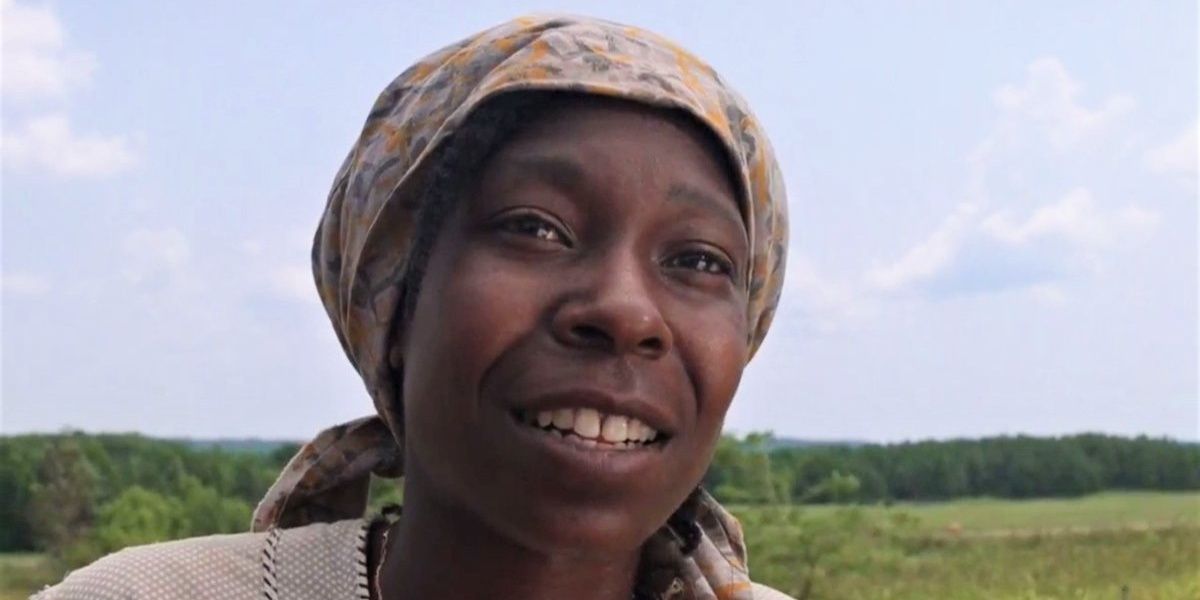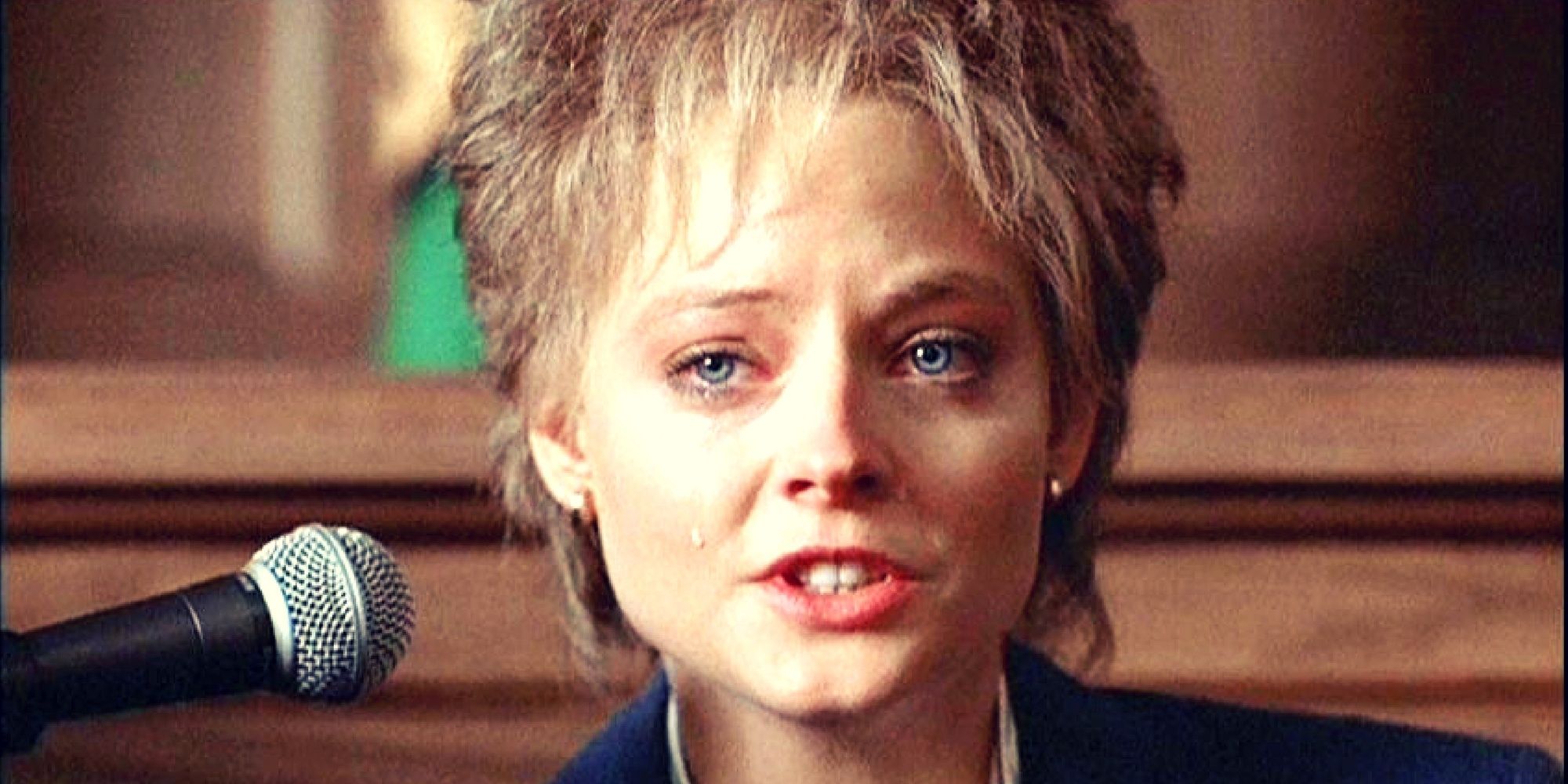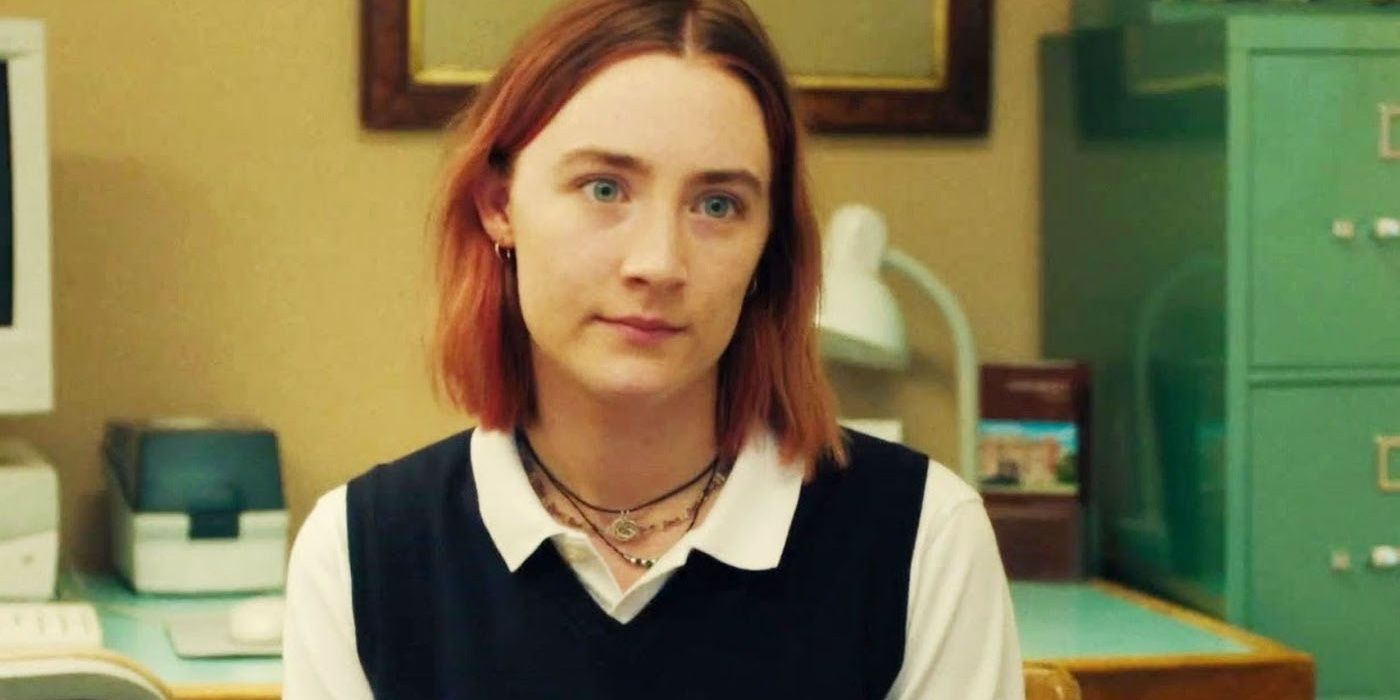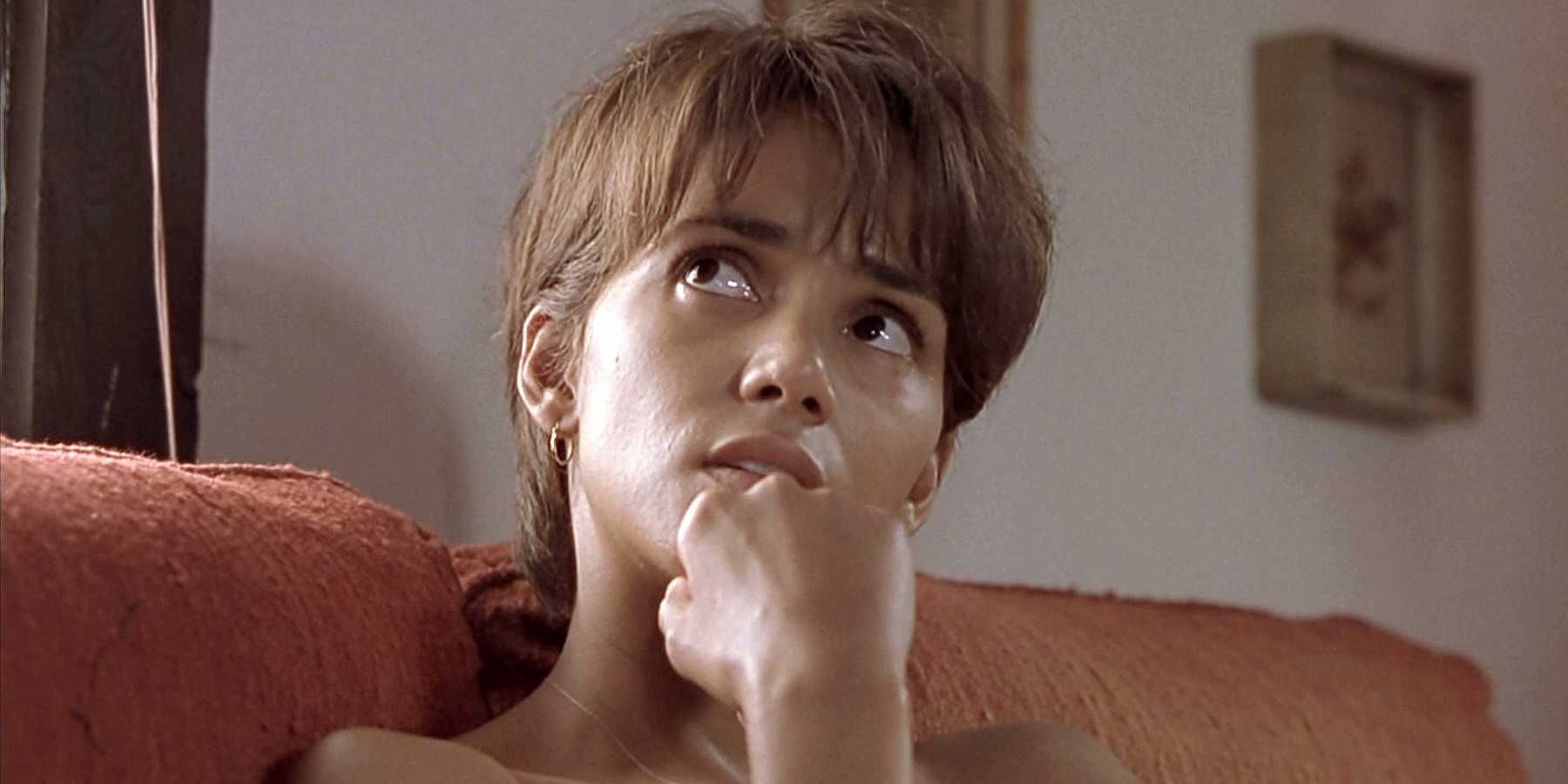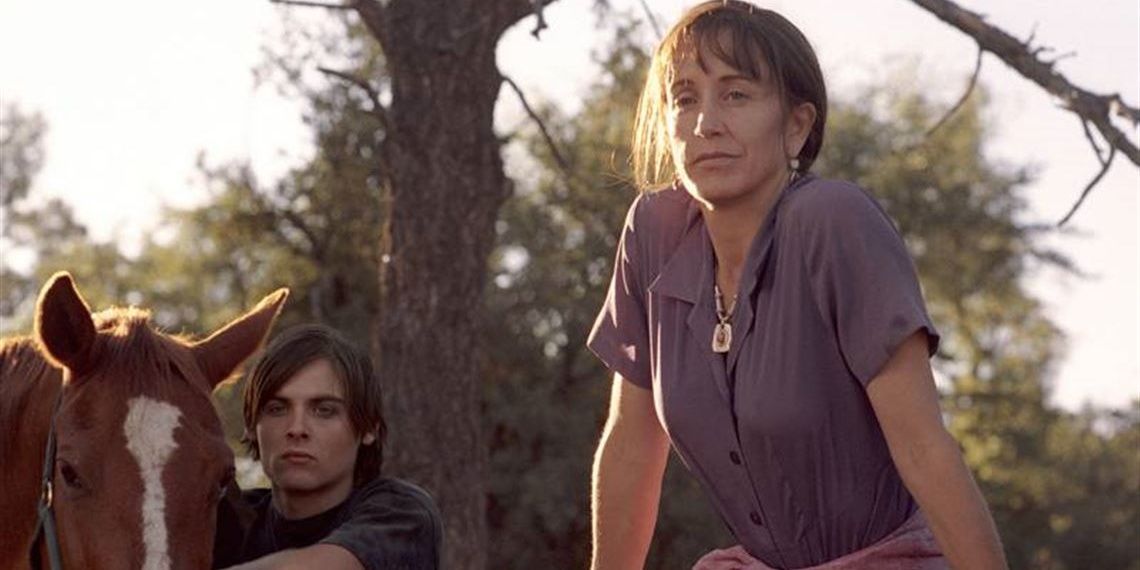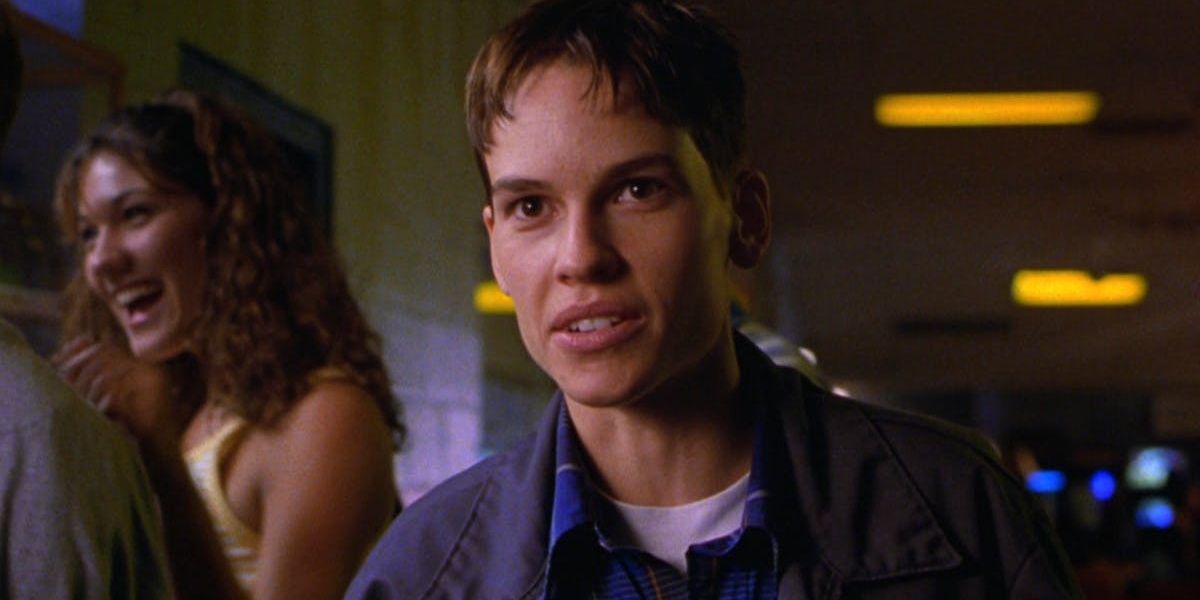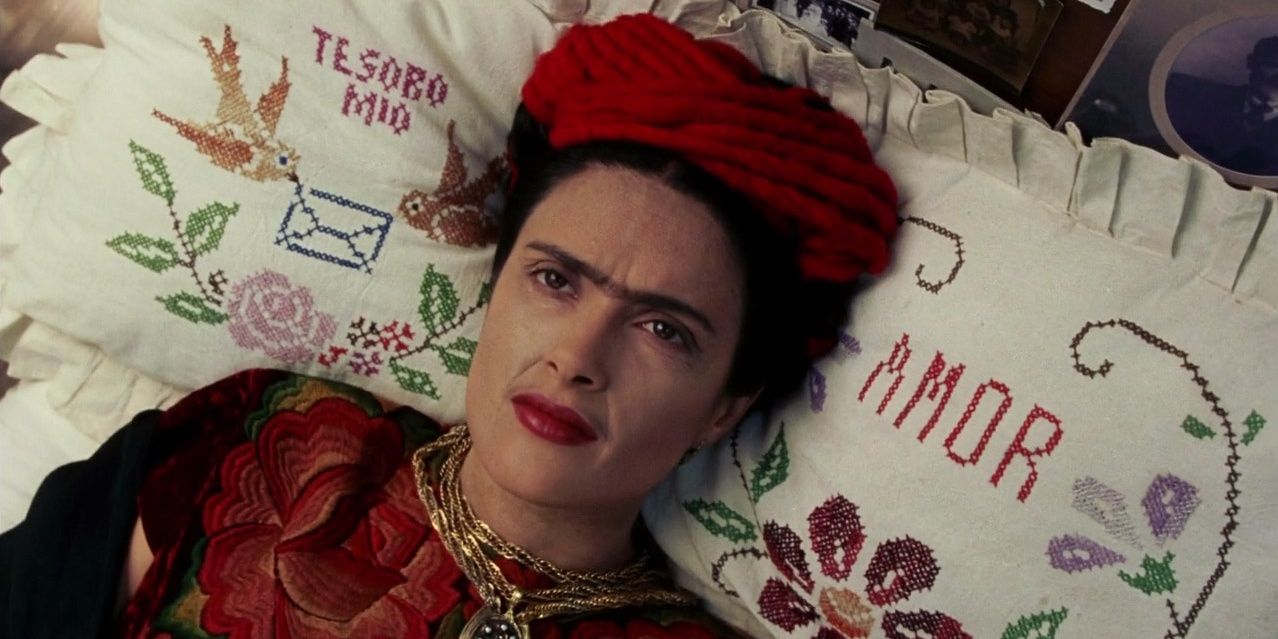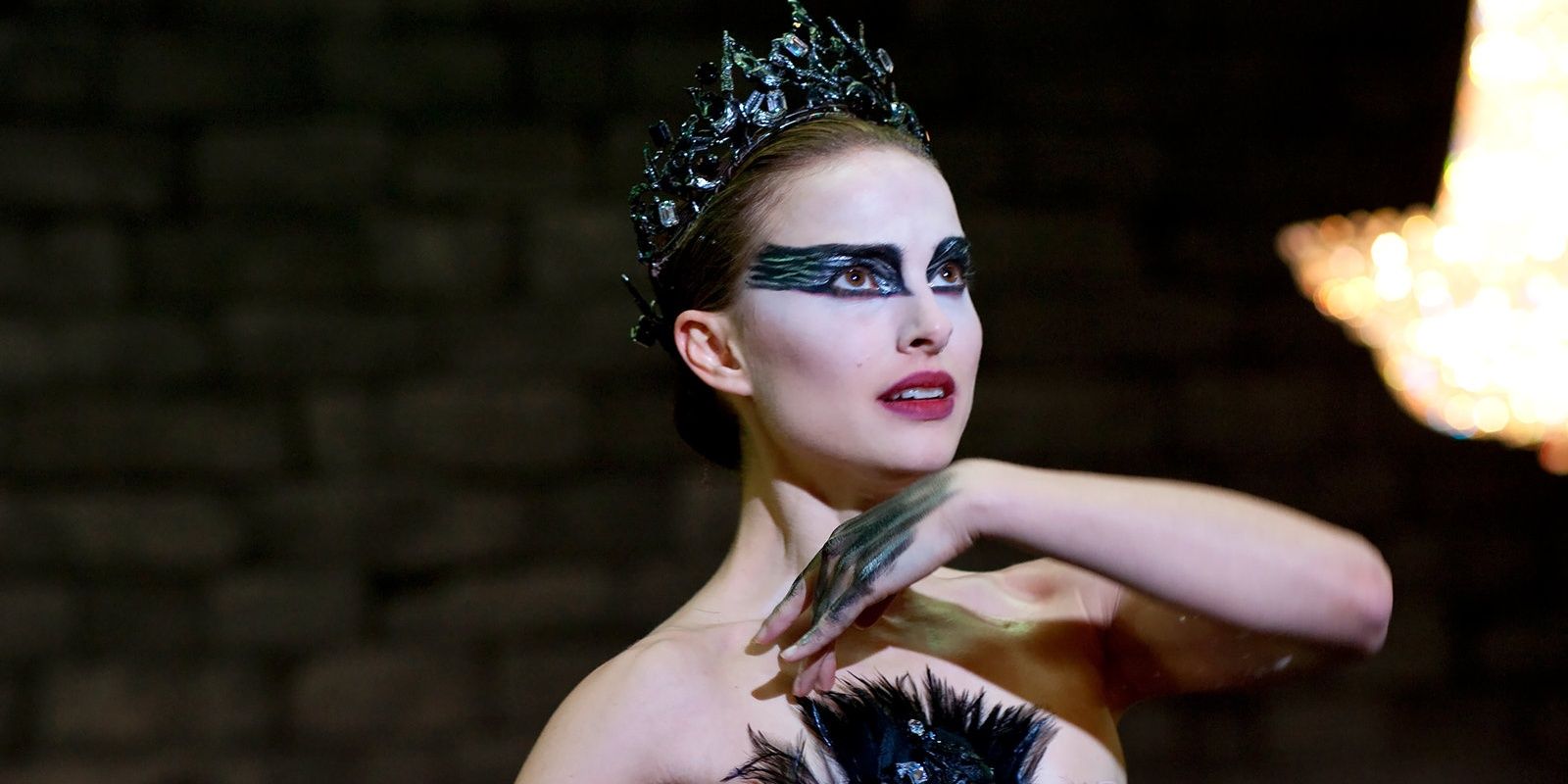Every year, as anticipation builds for the Oscars, invariably the talk turns to what is most deserving for Best Picture or Best Actor or Best Director. For some reason, the Best Actress category always tends to get overlooked. Perhaps it is a symptom of how our society always tends to place more value on male performances than women (look no further than the incredibly low number of women directors who have been nominated).
Or perhaps it is because the Best Actress category tends to have a runaway winner, a singular performance that stands out from the pack. As often as that is the case, though, there have been some instances where the Academy clearly made the wrong choice. So let’s take a look at 5 Times The Academy Got Best Actress Right (And 4 They Got Wrong).
Right: Kathy Bates - Misery, 1991
If there was ever an actress born to play a part, it was Kathy Bates as Annie Wilkes. Directed by Rob Reiner and based on Stephen King’s 1987 novel, Misery tells the story of the highly mentally unstable Wilkes who discovers a wrecked car high in the Colorado Rockies. It just so happens that the man she rescued from that wreckage is none other than her favorite author Paul Sheldon (James Caan). Bates does an incredible job portraying the unhinged Wilkes as she forces Sheldon to write another installment of her favorite book series. One of the most unforgettable acting performances of all-time.
Wrong: Geraldine Page Over Whoopi Goldberg, 1986
One of the biggest travesties ever to go down at The Academy Awards occurred at the 1986 ceremony. History has proven Steven Spielberg’s The Color Purple, based on Alice Walker’s 1982 novel, to be a true American cinematic masterpiece. And yet the film, despite landing eleven nominations, failed to win a single award. The film lost out to the rather dull in comparison Out of Africa and Whoopi Goldberg was bested by Geraldine Page for Best Actress. This was a clear case of the Academy being horribly antiquated in their voting, something that has not changed much over the years. Although she was denied in 1986, Goldberg would take home the Best Supporting Oscar five years later for her work in Ghost.
Right: Jodie Foster - The Accused, 1989
Jodie Foster is undoubtedly most remembered for her role as Clarice Starling in 1991’s The Silence of the Lambs, for which she won her second Oscar. However, it is her performance in 1988’s The Accused that should be the defining one of her career. Foster starred as Sarah Tobias, a waitress who is gang-raped by a group of men at a bar in plain view of several other patrons.
Shocking for its graphic depiction of rape, Foster does an outstanding job conveying the many emotions of a rape victim dealing with victim-blaming, PTSD, and misogyny. The film’s emotional depth and impact depended heavily on Foster’s performance and she did not disappoint.
Wrong: Frances McDormand over Saoirse Ronan, 2018
One of the great actresses of the modern era, Frances McDormand has been nominated five times for an Academy Award, twice winning the Oscar. Her first came for 1996’s Fargo as Marge Gunderson. She would win again 21 years later for her performance in Three Billboards Outside Ebbing, Missouri. While certainly deserving for her portrayal of a grieving, frustrated mother looking for justice, Saoirse Ronan’s performance in Lady Bird was equally, if not more, deserving. Ronan plays Christine McPherson, a high school senior dealing with issues of class, identity, and romantic relationships. It is her complicated relationship with her mother, played by Laurie Metcalf (nominated for Best Supporting Actress), however, that is the real crux of the film. Ronan and Metcalf carry a film ripe with emotional depth and both deserved Oscars, only to go home empty-handed.
Right: Halle Berry - Monster’s Ball, 2002
The 74th Annual Academy Awards boasted a loaded lineup for Best Actress. Featuring previous or future winners Sissy Spacek, Renée Zellwegger, Nicole Kidman, and Judi Dench, it was actually first-time nominee Halle Berry who won the Oscar. Berry played Leticia Musgrove, a woman first dealing with the execution of her murder-convicted husband and then grief-stricken over the death of her adolescent son. In what would prove to be her only Academy Award-nominated role to date, Berry’s brilliant performance marked the first, and to date only, win for an African-American woman in the Best Actress category.
Wrong: Reese Witherspoon Over Felicity Huffman, 2006
These days, Felicity Huffman has had much bigger issues on her plate recently than whether or not she should have won an Oscar in 2006. Nevertheless, she certainly deserved the award for her tremendous work as Sabrina “Bree” Osbourne, a transitioning male-to-female transgender person in Duncan Tucker’s Transamerica.
In a role that was ahead of its time, Huffman brings an emotional depth to a tricky part, shedding light on many of the issues that transgender people face in everyday life. Reese Witherspoon was also excellent as June Carter Cash in Walk the Line, but Huffman should have won for her more challenging and nuanced performance in the film.
Right: Hilary Swank - Boys Don’t Cry, 2000
As mentioned above, Felicity Huffman’s work as a transgender person was a role that had not been seen much on-screen up to that point. Six years prior, though, Hilary Swank starred as Brandon Teena, a trans man who is brutally beaten and then killed, in 1999’s Boys Don’t Cry. Based on a true story, the movie tells the story of Brandon Teena, born as Teena Brandon, who falls in love with Lana Tisdel. Brandon is eventually discovered to be a trans man, which leads to his murder by two Nebraska men. Swank, in a career-defining role, does an outstanding job with the complex part and was justly awarded the Best Actress Oscar at the 2000 event. She would win again in 2005 for her work in Million Dollar Baby.
Wrong: Nicole Kidman Over Salma Hayek, 2003
Nicole Kidman’s 37-year career is littered with great performances, from her work in Moulin Rouge! to Cold Mountain to Lion. Nominated four times for an Academy Award, Kidman’s lone victory came in 2003 for her performance as Virginia Woolf in 2002’s The Hours. As great as she was in The Hours, it was Salma Hayek’s career-best in Frida that was even better. Portraying the famed Mexican painter Frida Kahlo, Hayek does a tremendous job bringing the artist to life, showcasing a range of emotions as Kahlo deals with personal trauma, her sexuality, and a complex relationship with her husband Diego Rivera (Alfred Molina). Not the biggest miscarriage of justice the Academy has ever perpetrated, but Hayek was slightly more deserving of the gold statuette than Kidman in 2003 and should have won.
Right: Natalie Portman - Black Swan, 2011
In the second year of its expanded Best Picture nominee field, a horror film, Black Swan, was nominated for the prestigious award. A rare instance for the Academy, the psychological horror film was nominated for five Oscars, with Natalie Portman’s performance as mentally unstable Nina Sayers being the film’s lone win.
Portman masterfully pulled off the difficult role, showcasing an insecure ballet dancer on the verge of a complete mental breakdown. Up against a field that included four past or future Best Actress nominees/winners (Michelle Williams, Annette Bening, Nicole Kidman, and Jennifer Lawrence), Portman’s powerful performance stood out as the clear choice in the group.

